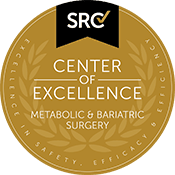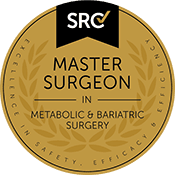
- Expertise
- Compassion
- Success
Lose the Weight and
Gain Back Your Life!
What Makes Something Nutritious?

Do you ever wonder why a plain white bagel, which has very little fat (1.5 grams) and is about 250 calories, is not considered to be a healthy food item while a 36-gram serving (¼ cup) of almonds, which has 18 grams of fat and is about 210 calories, is a healthier snack choice?
Here, Dr. V. Kuzinkovas and the team at Advanced Surgicare explain what makes a food item nutritious.
Our Nutritional Needs
Everybody needs certain vitamins, minerals and other nutrients for their bodies to function properly. For instance, your body needs vitamin A to support growth, the immune system, vision and reproduction as well as vitamin D to absorb calcium and promote bone health. Your body also needs a certain amount of protein to build and maintain muscle mass. It even requires a small amount of monounsaturated and polyunsaturated fats (i.e., “good” fats) to promote sound cardiovascular health.
By eating a wide variety of foods from each of the five food groups — whole grains, fruit and vegetables, protein, dairy, and fat and sugar — you should be able to get the vitamins, minerals and other nutrients that your body needs.
That being said, not all food groups are created equally. For instance, your body requires much more protein than it does mono and polyunsaturated fat. Therefore, to be healthy, you should eat more whole grains, vegetables and protein than you do dairy, fat and especially sugar.
In addition, every person’s nutritional needs are different, depending on his or her sex, height, body frame, metabolism, etc. Males tend to need more protein because they inherently have more muscle mass. Also, a very active adult male might need to consume 2,000 or more calories a day while a small, less active woman might only require 1,400 calories a day.
Good Nutrition = A Balanced Diet
No single food item contains all the vitamins, minerals and other nutrients that your body needs. For instance, a green bell pepper is a great source of vitamin C and contains some fiber, but it is not a good source of protein. So, a healthy eater might have some tofu with the green bell pepper to get the protein he needs. That same person needs a small amount of monounsaturated and polyunsaturated fats to keep his heart healthy, so he might then eat a ¼ cup of almonds, which is a great source of good fats.
In this manner, the healthy eater consumes some of this and a little of that, from each of the five food groups, until he has eaten a well-balanced diet that has provided all the vitamins and nutrients he needs.
Why Certain Food Items Are Not Nutritious
Food items are not nutritious if they do not offer a significant amount of any of the vitamins, minerals or other nutrients that the body needs to function soundly. Furthermore, if a food item does not offer any nutritional value and contains high amounts of sugar, bad fats, salt, etc., it is unhealthier still.
Going back to the original example, although the plain white bagel does not contain much “bad” fat (i.e., trans and saturated fats), it also does not provide any needed nutrients; the bagel is simply a source of “empty” calories.
The Bottom Line
The bottom line is that nutritious foods are whole, unprocessed foods that offer some of the nutrients your body needs while containing very little or no sugar, trans fats, saturated fats, salt and other ingredients that can be harmful to the body when eaten in large amounts.
To eat a healthy, well-balanced diet, you should stay away from refined and processed foods such as bagels; these items are usually devoid of any nutritional value. You should, however, eat a wide variety of natural, whole (unprocessed) foods from each of the five food groups, in the amounts recommended by your nutritionist or the Department of Health.
To schedule an appointment with Dr. Kuzinkovas to learn more about healthy eating and the surgical treatment options for individuals suffering from obesity, please contact Advanced Surgicare by calling 1 300 551 533.
